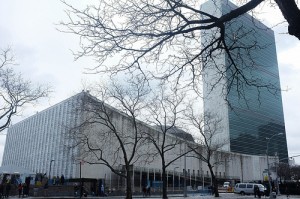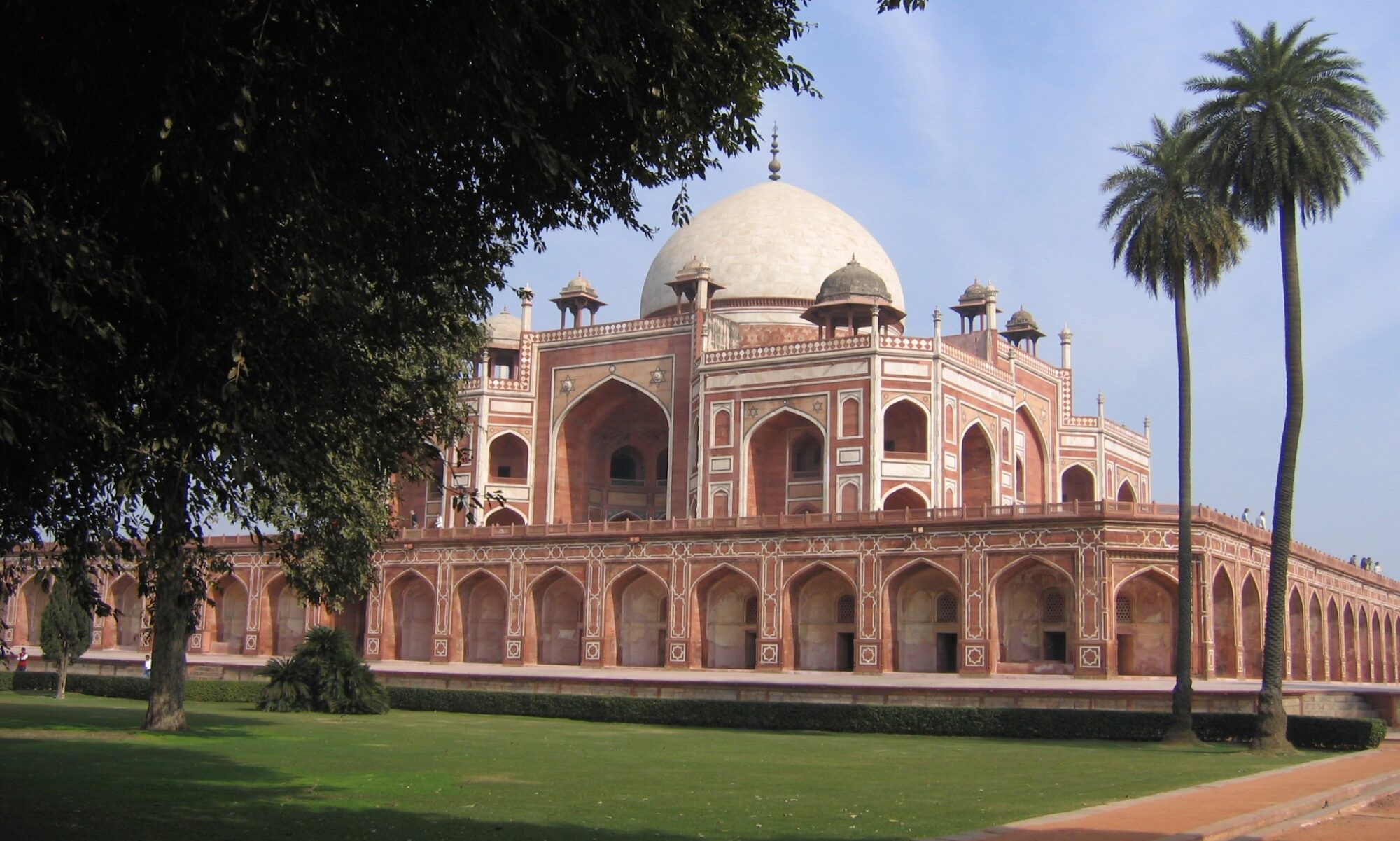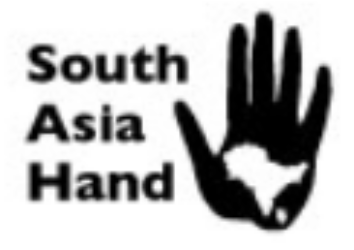
October 2, 2013: Few were surprised when Prime Ministers Manmohan Singh and Nawaz Sharif made little headway in reversing the recent deterioration of India-Pakistan relations when they met in New York on September 29. Nawaz’s election in May on a platform that included improving ties with India, especially in the economic sphere, generated rosy hopes. These were dimmed by an outbreak of serious violence in Kashmir and by the preoccupation of both governments with other pressing problems. The weakening of Manmohan Singh’s Congress government by an economic slump and a series of high-level political scandals has also taken its toll.
At this point, the Pakistan government has not lost interest in improving ties with India, but the political base for such an opening is shaky. In India, the present government has neither the appetite nor the strength for a bold initiative, elections are only a few months away, and there is no significant “peace constituency.” No significant improvement in bilateral ties seems likely in the interim. The United States should encourage both sides to look ahead, and be prepared to engage once again in conflict management efforts should these prove necessary.
India-Pakistan summits are invariably ballyhooed in both countries. Some of them have achieved substantial progress, though this has often proved ephemeral. Prime Minister Singh had long hoped to leave behind improved India-Pakistan relations as a major legacy. Many in both countries hoped that this improvement could be celebrated and enhanced by his returning to his native village in Pakistan and holding a successful summit with his Pakistani counterpart at that time. Renewed, more modest hopes generated by Nawaz Sharif’s election in May have faded. No significant progress – let alone a homecoming – seems likely during the remaining months of Singh’s watch.
The meeting on the margins of the General Assembly session in New York between the two leaders had been on-again, off-again for months before it took place on September 29. Recent developments had led the Indians to balk at the long-bruited idea. The ten-year ceasefire along the Line of Control that divides Kashmir between the two rivals was breaking down, clashes in that area raised tempers especially in Delhi, and the Indian-held parts of the state saw increased violence, which India blamed on Pakistan. It was only after discreet negotiations between two senior Indian and Pakistani diplomats that the meeting took place.
Before they met, both Sharif and Singh had addressed the UN General Assembly. Sharif had routinely raised the Kashmir issue. Every Pakistani leader must do so because in Pakistan’s view UN resolutions calling for a plebiscite in the disputed state passed in 1948-49 are still valid. But he did it in a nonprovocative way. He said he was ready to “re-engage with India in a substantial and purposeful dialogue” and saw in his upcoming meeting with Singh the prospect of “a new beginning.” In his own General Assembly speech the next day Singh gave India-Pakistan problems less prominence than Sharif had, but was much tougher. This reflected the much angrier attitude Indians have shown toward clashes in Kashmir and controversial bilateral developments elsewhere. Singh reiterated that Pakistan must cease allowing territory under its control to be used for terrorist attacks against India and reasserted the longstanding Indian claim that all of Kashmir is an integral part of the Indian Union.
Official briefings suggest that both parties regarded their meeting as an occasion for serious dialogue. Inevitability, both raised familiar accusations – the Indians about the failure of the Pakistanis to bring to book those involved in the 2008 Mumbai attacks, the Pakistanis about alleged Indian support for the insurgency in Balochistan. They also reportedly discussed the prospect of Pakistan’s according India normal trade relations. The Nawaz Sharif government had indicated that it was prepared to go forward with this sensible and mutually beneficial idea, but increased tension between the two countries led Islamabad to abandon it, at least temporarily. Perhaps the most important decision the two sides reached in New York was to task their directors general of military operations, the key generals on both sides, to find ways to lower tensions along the Line of Control in Kashmir. (The imminent onset of the formidable Kashmiri winter will help by making infiltration more difficult.)
The September 29 meeting will probably be the last between the two leaders. Singh, now 81 and much weakened politically, is widely expected to retire when next spring’s parliamentary elections take place, whatever the results. A new prime minister will come to power.
In Pakistan, Sharif appears to have a secure tenure, bolstered by a handsome majority in the National Assembly. But Pakistan’s policy toward India could be affected by the views of the new, still unchosen chief of army staff who will take office when General Ashfaq Parvez Kayani completes his second three-year term next month. In the last couple of years Kayani has taken what for the Pakistan Army is a relatively positive view on improving relations with India. There is no certainty that his successor in Rawalpindi will also do so.
Prospects on the Indian side are less certain. Pakistanis are fearful that Narendra Modi, the candidate of the Hindu nationalist BJP, will come to power. Modi has a reputation for antipathy toward Muslims that dates back to what many regard as his complicity as chief minister of the state of Gujarat in a pogrom in which thousands of them were killed. He launched his campaign for the prime ministership on an anti-Pakistan note, chiding Singh for what he alleged was his unwillingness to stand up to Pakistan.
But a Modi prime ministership might prove less threatening to India-Pakistan relations than many now fear (or hope). He would have to govern with a coalition, and other member parties could be reluctant to support the tough policies toward Pakistan that he might advocate. It is also useful to recall that India’s only previous BJP prime minister, Atal Behari Vajpayee, advocated improved bilateral relations. In a subcontinental version of Nixon’s trip to China, he famously travelled to Lahore by bus to work out an agreement – with Nawaz Sharif! – that laid out a path to achieve better ties. Some observers also cite Modi’s successful focus on private sector economic development in his home state of Gujarat as a reason to hope that in office he could find common ground with Sharif, himself a businessman, in promoting mutually profitable bilateral trade and investment.
Although Washington’s evaluation of Pakistan’s importance to U.S. interests may well change following the withdrawal of American and other NATO combat forces from Afghanistan next year, India-Pakistan relations will and should remain a major concern. For the past quarter-century the United States has adopted a largely hands-off policy toward the two countries’ disputes. Successive administrations have urged them to improve relations and have been prepared to facilitate their efforts to settle the Kashmir issue. India has consistently declined such overtures, and Washington has been content to stand on the sidelines. But when serious crises occurred recent administrations took a more active, conflict management role. Washington should continue to follow this policy in 2014 and beyond.
Howard and Teresita Schaffer


Thank you, South Asia Hands! Realistic and sowing not only knowledge but also empathy for Pakistan,
Ainslie